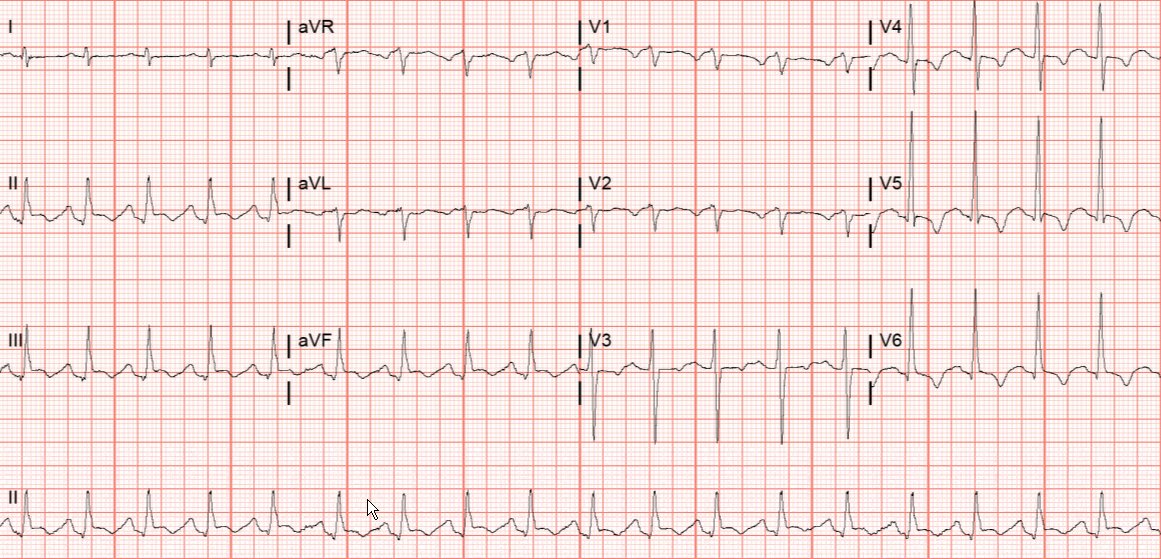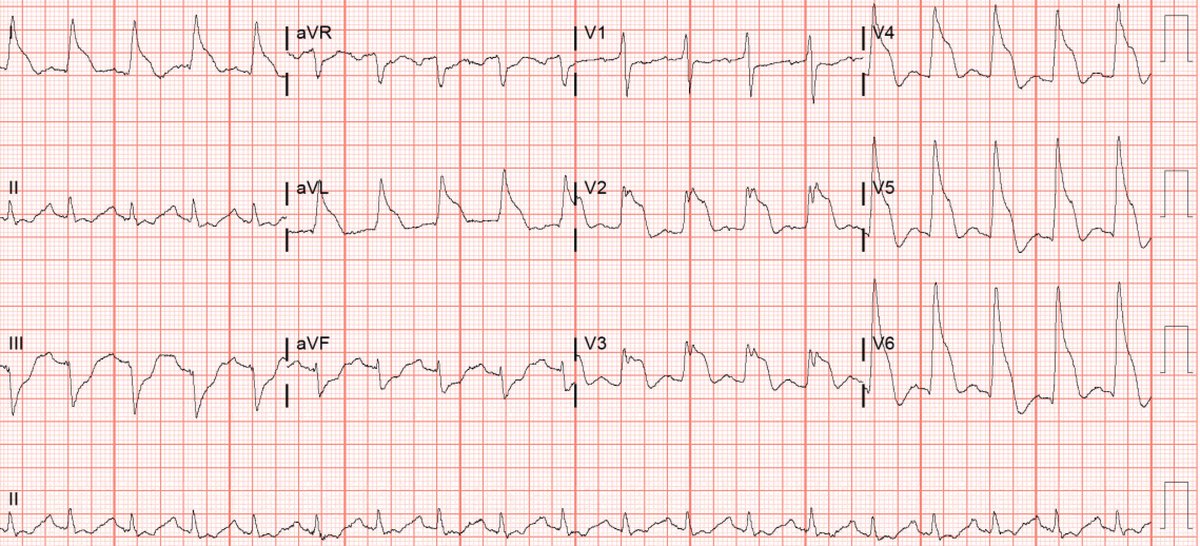
Several of my colleagues living/working outside the United States are surprised to learn that:
1. Many US hospitals have intensive care units but no intensivists. This is unimaginable in many European countries
1. Many US hospitals have intensive care units but no intensivists. This is unimaginable in many European countries
2. Many US hospitals (even medium-sized with 200 beds) have no surgeon or cardiologist or anesthesiologist (or their respective specialty trainees) in-house at night-time or during the weekend
3. Many US hospitals have only 3 physicians in-house during the night shift: an emergency medicine, an internal medicine / family medicine (hospitalist) and an intensivist with/without help from physician assistants
4. In many US hospitals, intubations are performed by whoever is available and not exclusively by Anesthesia
...Apparently many people were surprised by the variation in critical care services across United States and the rest of the world (at least in the pre-pandemic era), so I will keep the thread going a bit longer...
5. Pts admitted to the ICU in the US tend to be less sick and more likely to be admitted straight from the emergency room. Having ingested 10 Tylenol pills or seeing blood in the stools or being in diabetic ketoacidosis are usually direct ICU admissions in US, but not elsewhere
6. Most ICUs in the States are staffed with respiratory therapists (RTs). RTs represent an extremely valuable resource as they manage non-invasive and invasive mechanical ventilation, administer nebulized medications etc etc
7. Many ICUs in the States are staffed with physician assistants (PAs) & nurse practitioners (NPs); these are medical professionals who in collaboration with a physician can diagnose illness, develop treatment plans, prescribe meds, and perform procedures (lines, intubations etc)
8. In the States, even prestigious, tertiary medical centers housing 10 different highly specialized ICUs (neuro-, transplant-, cardiothoracic etc) staff them during the night with PAs/NPs (who usually are extremely knowledgeable and experienced) or residents/fellows...
...who may happen to rotate in these ICUs for a month. It is not uncommon to see a huge hospital w many ICUs and 150 ICU beds (with transplants, LVADs, ECMOs etc) with only one intensivist during the night (usually carrying a fancy hat, like "resource intensivist") and several...
...PAs/NPs/residents/fellows. This staffing model is considered to be efficient and cost-saving
9. In the States, hospitals/ICUs are penalized when they report more than x number of infections (ventilator-associated pneumonias, line infections, C diff colitis). Even intensivists' bonuses are usually linked to these metrics. Therefore, they have adopted...
...the bury your head in the sand approach; they don't test for pneumonia, c diff etc. In other words, they game the system
10. Refusal of an ICU admission based on futility happens frequently outside the US but not here
11. Most US ICUs discharge pts to "skilled care facilities" or "long-term acute care hospitals" (LTACHs) rather than directly home, as is the case in other countries. LTACHs (for example) can manage pts still recovering from critical illnesses and persistent organ failures...
...In this way, the ICU length of stay and mortality are kept low (and administrators tap themselves on the back) but it is hard to compare US ICU/hospital mortality to other countries that tend to keep people in the hospital until they either die or are able to go home
Thanks for reading!
• • •
Missing some Tweet in this thread? You can try to
force a refresh







